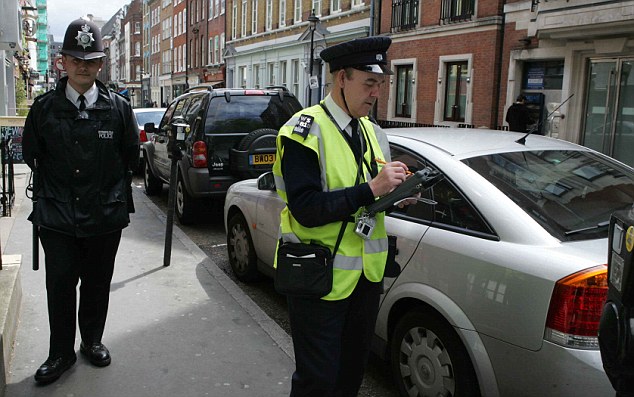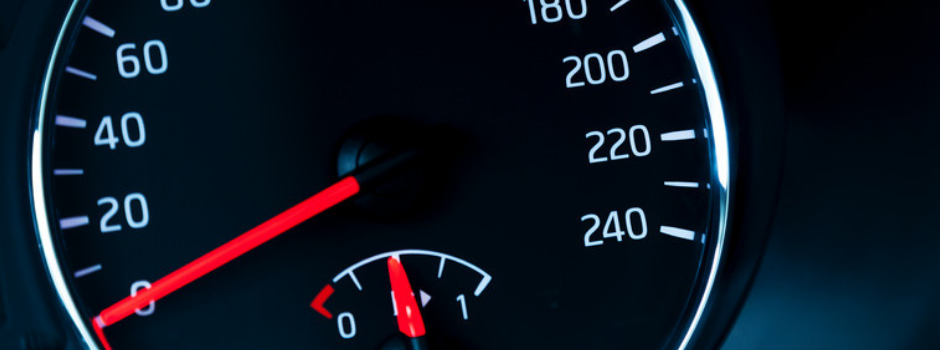When drivers leave the engine of their vehicle running whilst they have stopped their car, this is called “idling.” Now, in a bid to deal with rising air pollution, drivers who are repeatedly caught idling could be fined under plans that the government is considering.
Who wants the idling fine introduced
Local councils have been calling for tougher laws to tackle idling. Under the current regulations, fines can range from £20 to £80. Westminster city council has issued 39 penalty charge notices for idling since 2017. Westminster city has urged the government to allow the punishment of companies whose drivers are repeat offenders when it comes to idling, and suggested fines of more than £1,000 and have said that delivery drivers and commercial vehicles were the worst offenders.

Camden council would also like to be able to issue out instant fines to motorists. Adam Harris who is Camden’s cabinet member for environment told the Times: “While engagement [with the driver] is useful it is not going to cause everybody to change their behaviour in the way that getting a fine might.”
The environment secretary, Michael Gove also believes action should be taken. Gove told the Times that instant fines for repeat offenders should be considered but stressed that any new powers should be “used proportionately” by councils.

Why is the idling fine being introduced?
Idling is a significant contributor to air pollution. Westminster council have said that an “idling car produces enough exhaust emissions to fill 150 balloons a minute.” The council has also called on the public to report unnecessary engine idling through its website, mention that the borough suffers from the worst air pollution in the country. There has also been a debate if cars should be banned from school roads due to the effect on air quality.
Vehicle Idling Action is a London-wide project that runs regular idling action events. On Vehicle Idling Action’s website they say there appears to be link between idling and air pollution.
On Vehicle Idling Action’s website, it says: “It would appear so. Air pollution levels were monitored during action days and were compared to days without idling action events. It showed that pollution peaks on idling action event days were lower overall than on days where there were no events.
We have also conducted air quality monitoring at some of our events. When stood next to an idling vehicle, pollution levels were about 10 times higher than the average air pollution levels during that event.”

